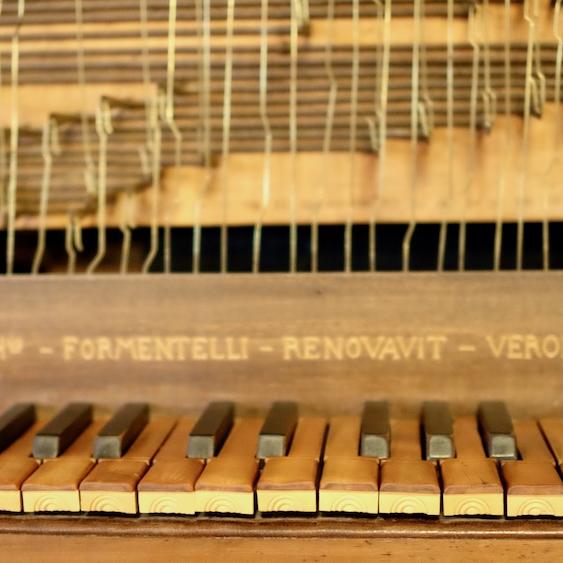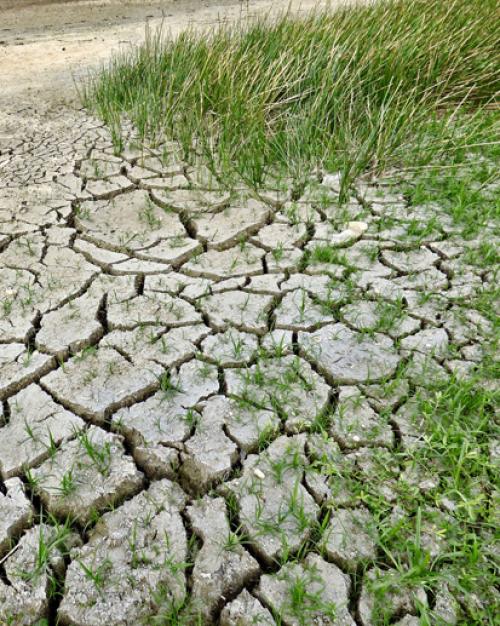Cornell’s Atkinson Center for a Sustainable Future has named eight social sciences, humanities and arts (SSHA) fellows for the 2017-18 academic year. The fellows, who come from across the university, will add distinctive perspectives to the arena of sustainability by reshaping behaviors, imaginations and minds through their research, said David Lodge, the Atkinson Center’s Francis J. DiSalvo Director.
“This work complements, extends and applies the Atkinson Center’s sustainability advances in the life, physical, environmental and agricultural sciences,” said Lodge. “These scholars are working on a diversity of issues – from the use of emotion in climate change communications to communities’ experiences with energy transitions. Their work will play a critical role in imagining and building a sustainable future in which people and the planet thrive.”
The fellowships provide faculty with teaching leave for one semester, a small research budget, and opportunities to engage with broad, interdisciplinary audiences on and off campus. The fellows are expected to reach beyond academia in their work, whether through writing for the popular press or nontraditional audiences, or engaging in projects with nonacademic collaborators, including nonprofits and communities. They are:
Jeff Niederdeppe, associate professor of communication: There is an urgent need to engage young adults in efforts to promote and sustain public policies that hold potential to mitigate climate change. Niederdeppe will build on prior research to understand the potential roles for emotion in effective climate-change communication. He will study the motivating roles of humor and anger in promoting climate change action and develop messages that use emotion to increase political engagement. He will then work with organizations such as the Environmental Defense Fund to explore putting this knowledge into practice.
Ariel Ortiz-Bobea, assistant professor of applied economics and management: Higher temperatures, altered rainfall and more variable weather patterns associated with climate change present a major challenge for agriculture in the United States and beyond. One way to assess the climatic vulnerability of an agricultural system is to evaluate its sensitivity to extreme weather, but the reliability of temperature extremes in current datasets has not been well-studied. Ortiz-Bobea will complete a comparative study of measurement error in weather datasets and its implications for climate-change analysis. He will also explore opportunities for working with public- and private-sector partners who face the challenges of climate-data uncertainty.
Karen Pinkus, professor of Italian and comparative literature: Pinkus is part of a growing community of humanists exploring climate change in relation to philosophy, literature and critical theory. While working on her 2016 book, “Fuel: A Speculative Dictionary,” she became interested in the subsurface – the place of fossil fuels and a possible return of carbon via geoengineering. Pinkus will complete a new book, “Down There,”which will explore how works of literature and science from different historical periods, philosophy and legal theory can inform a democratic and sustainable governance of the subsurface.
Verity Platt, associate professor of classics: At Clark Institute of Art’s “Ecologies, Agents, Terrains” conference this May, Platt presented her work to explore what premodern texts like Pliny’s “Natural History”can offer those in the art world seeking more eco-conscious, sustainable ways of thinking, making and doing. She will build upon this work as she explores how the history of art might contribute to current discussions about a sustainable future. Platt plans to produce a series of articles, develop a course for undergraduates and organize an exhibition featuring local artists who explore ecological art-making through the lens of “Natural History.”
Camille Robcis, associate professor of history: Massive demonstrations against France’s “Marriage for All” law in 2012-13 surprised many inside and outside France given former President Hollande’s promise to open marriage and adoption to same-sex couples was backed by two-thirds of the French population. Equally surprising was how Catholic activists used the notion of “human ecology” in their rhetoric around gender and sexuality. Robcis will investigate how a secular concept of “ecology” previously associated with leftist politics came to encompass a conservative vision of politics, society, the family and the individual.
Aaron Sachs, professor of history: What would it mean to go beyond the opposition to environmental injustice to ask: What are we aiming for, in positive terms? What are the components of environmental justice and how might a historical perspective help us answer these questions? Sachs will focus on writing a short, accessible book with the working title “Environmental Justice: History of a Timely Idea.” By arguing directly for a historical approach to environmental issues, Sachs hopes to get away from doom-and-gloom prophecies and refocus attention on alternative ways of living, many of which were proposed or enacted in the past.
Richard Stedman, professor of natural resources: The Northeastern United States has recently grappled with a shift from conventional fossil fuels to hydrofracturing of shale gas and oil, to the emergence of large-scale rural renewables like wind and solar. While much research has been done on the governance of energy transitions, the ways in which people experience these transitions are also crucial. Stedman will conduct interviews with residents and policymakers, review existing literature, convene a workshop with key researchers to create an undergraduate course focused on energy transitions, and develop a National Science Foundation proposal examining energy transitions across the United States and Canada.
Marina Welker, associate professor of anthropology: While tobacco might be considered a sunset industry in the global North, it remains robust in Indonesia – the world’s fourth-largest cigarette market – where it exacts tremendous environmental, economic and public-health costs. Building upon a year of Fulbright-sponsored ethnographic research in Indonesia, Welker will work on a book examining Indonesia's cigarette economy and Sampoerna, the leading cigarette producer. She will focus on a chapter on tobacco agriculture that examines corporate strategies and farmers’ interactions with laborers, company agents, plants, soil, water, pesticides and fertilizers.
Kate Frazer is a freelance journalist working with the Atkinson Center for a Sustainable Future.
This story also appeared in the Cornell Chronicle.






